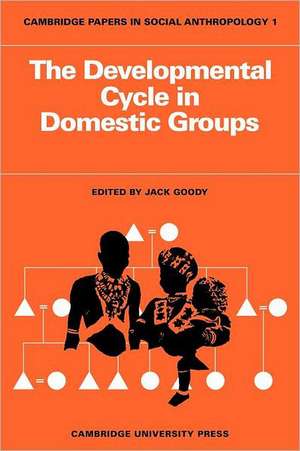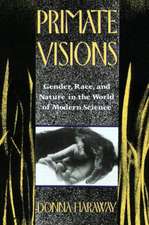The Developmental Cycle in Domestic Groups: Cambridge Papers in Social Anthropology, cartea 1
Editat de Jack Goodyen Limba Engleză Paperback – 30 oct 1971
Preț: 278.62 lei
Nou
Puncte Express: 418
Preț estimativ în valută:
53.32€ • 55.08$ • 44.38£
53.32€ • 55.08$ • 44.38£
Carte tipărită la comandă
Livrare economică 26 martie-09 aprilie
Preluare comenzi: 021 569.72.76
Specificații
ISBN-13: 9780521096607
ISBN-10: 052109660X
Pagini: 154
Ilustrații: d.tabs.
Dimensiuni: 152 x 229 x 9 mm
Greutate: 0.24 kg
Ediția:Revised.
Editura: Cambridge University Press
Colecția Cambridge University Press
Seria Cambridge Papers in Social Anthropology
Locul publicării:Cambridge, United Kingdom
ISBN-10: 052109660X
Pagini: 154
Ilustrații: d.tabs.
Dimensiuni: 152 x 229 x 9 mm
Greutate: 0.24 kg
Ediția:Revised.
Editura: Cambridge University Press
Colecția Cambridge University Press
Seria Cambridge Papers in Social Anthropology
Locul publicării:Cambridge, United Kingdom
Cuprins
Preface; Introduction Meyer Fortes; 1. The family system of the Iban of Borneo J. D. Freeman; 2. The fission of domestic groups among the LoDagabas Jack Goody; 3. Household viability among the pastoral Fulani Derrick J. Stenning; 4. Concerning Trobriand clans and the kinship category Tabu E. R. Leach.
Descriere
This 1958 book demonstrates how the changing structure of the domestic group may be seen to explain otherwise obscure elements of the particular society.























